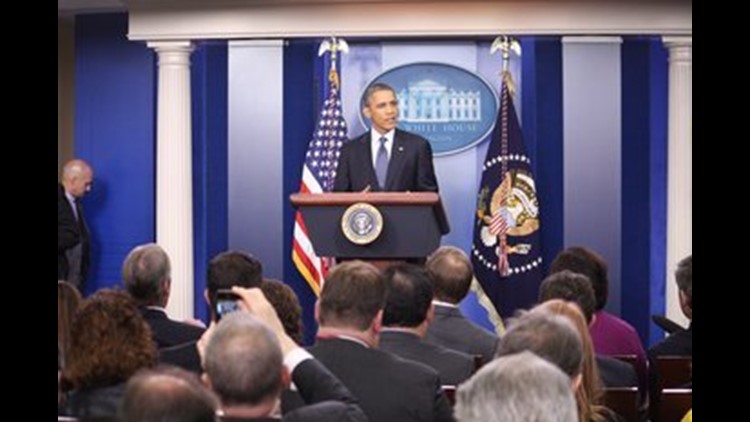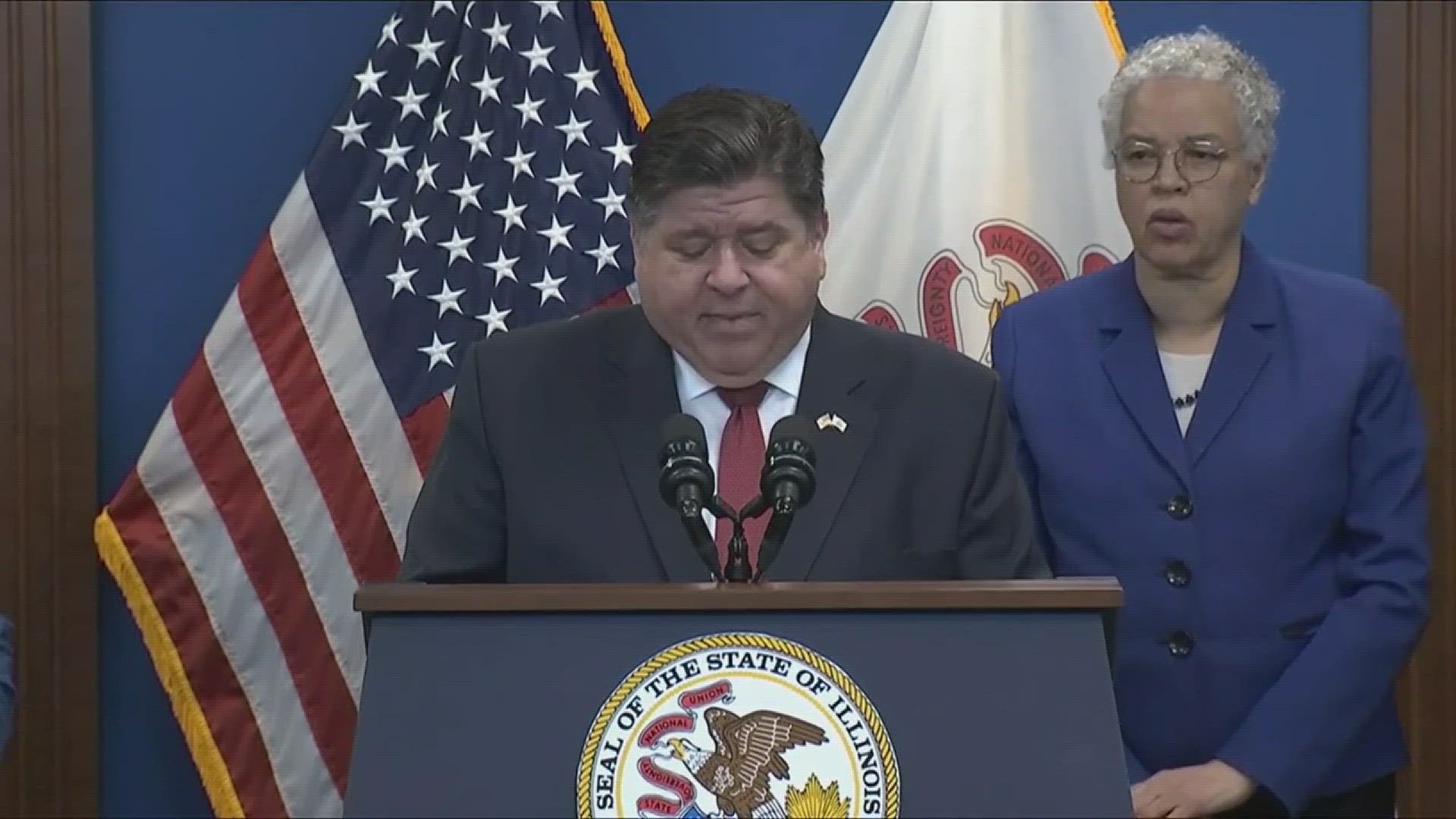(CNN) — President Barack Obama’s proposal to allow people to keep canceled health plans for one year could end up costing the government millions of dollars.
This is due to a provision of the Affordable Care Act called risk corridors that allows for insurers to share the cost of insuring more expensive customers.
“The idea of the risk corridor was that insurers that made out real well, whose expenses ended up being much less than revenues would pay into the fund, and then insurers who ended up losing money would collect from the fund,” said health law expert and Washington and Lee University law professor Timothy Jost.
“But, apparently, if less money is paid in then is paid out, the Treasury makes up the difference.”
On a conference call with reporters before the president’s announcement on Thursday, a senior Obama administration official admitted that the risk corridor program would likely have to be adjusted due to “the fact that there may be some people in these excepted plans and not in the marketplace.”
“Given all the uncertainty about who’s coming in and what’s happening in this market, there’s a risk sharing that goes on so that if the premiums are way off one direction or another, the government will share in that risk,” the official said.
There’s no good estimate yet as to how much the government’s share may be, but a rough calculation from the Kaiser Family Foundation said the difference could be tens of millions or even hundreds of millions of dollars.
Actuaries assume that the pool of people who will choose to keep their current plans are generally healthier than the pool of people who will choose to enter the exchange. If those assumptions prove true, the makeup of exchange participants would skew towards older, sicker customers, resulting in higher costs for the insurance companies.
Insurance companies structured their premiums based on a balanced mix of healthy customers and sicker customers. That balance could now be in question.
“Political panic rarely makes for sound, considered policy decision-making,” one health care executive said, in reaction to the president’s proposal.
The cost to the federal government depends on how many state insurance commissioners allow canceled plans to continue next year, how many insurance companies decide to renew canceled plans, and how many consumers choose to keep their plans.
“In some ways, the insurance commissioners are the ballgame here,” the executive said. “Even if insurers want to and can reinstitute plans, state commissioners can put the kibosh on them if they choose.”
Already, Washington state Insurance Commissioner Mike Kreidler has announced that he will not allow canceled plans to be renewed for 2014.
The risk corridors are not the only provision in the ACA meant to distribute risk among insurers and, in general, these provisions were expected to be paid for with money they take it. One key outstanding question is how the other risk sharing provisions of the ACA will apply to these old plans.
Ross Winkelman, a health actuary at Wakely Consulting Group, said that before the president’s announcement, it was unclear whether the risk corridor program would force insurance companies or the government to pay more, but the new proposal will likely shift the balance towards insurance companies.
“If I had to bet, the net payment would be from the government coming back to the insurance companies now,” Winkelman said.
Elaine Corrough with the Society of Actuaries agreed that the president’s decision is likely to increase the number of insurance companies who will “expect to receive checks from the government.”
The risk corridor provision is not required to be budget neutral, and is the only such provision that could result in a direct federal payment to insurance companies if too many younger, healthier consumers stay out of the exchange because of the president’s proposal.
“To the extent that the risk pool changes in ways that were not foreseen by the insurers because of the announcement yesterday and they are not included in the bids that they proposed to the government and that their selection is riskier and more adverse that they anticipated then that could be an additional cost to the government,” said Melinda Buntin, a former deputy director for health at the Congressional Budget Office and current chair of the Department of Health Policy at Vanderbilt University.
White House officials said the administration hasn’t determined how the program will need to be adjusted due to the new proposal.
“It is premature to estimate any impact since HHS has not yet made a proposal,” the administration official said.



